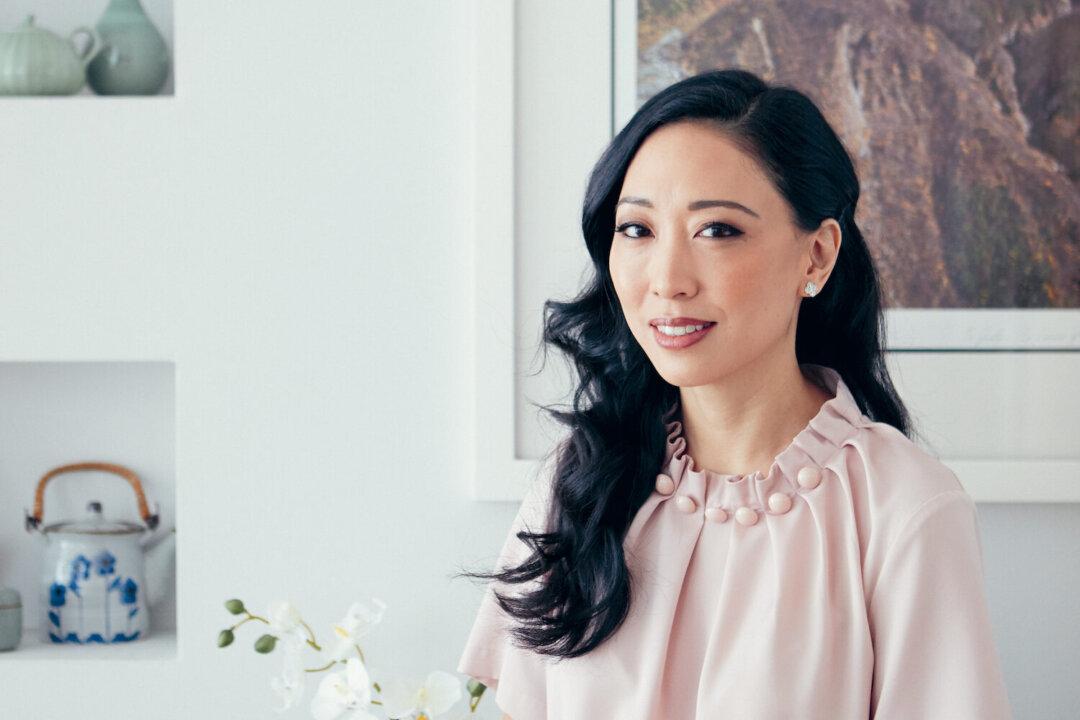“Achieving harmony and balance is everything in life, definitely,” laughs chef, cookbook writer, television personality, and restaurant owner Judy Joo. Her life demonstrates her commitment to these qualities, from her career choices to the cuisine she is known for popularizing worldwide.

Judy Joo—chef, restaurateur, TV personality, and cookbook author—is best known for making Korean cuisine familiar and accessible to Westerners. Courtesy of Judy Joo
|Updated:




